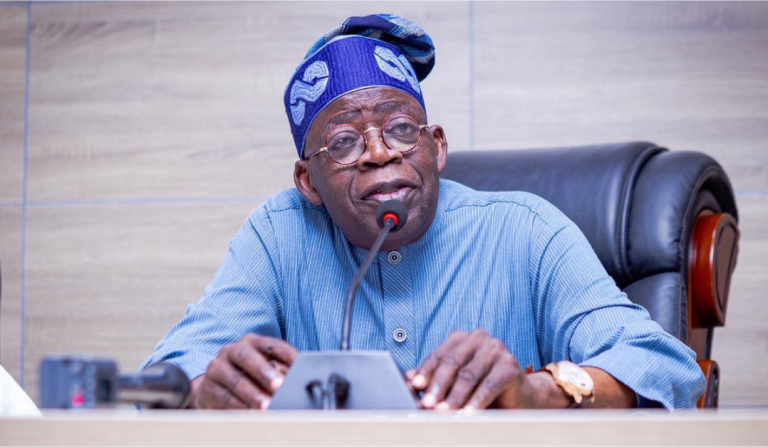Dr. Tope Fasua, Special Adviser to President Bola Tinubu on Economic Affairs, recently defended the strength of the naira within Nigeria’s economy, pointing out that local purchasing power remains significant despite the currency’s low value against the dollar.
Speaking on the MicOnPodcast hosted by Seun Okinbaloye, Fasua addressed common misconceptions about poverty metrics and the valuation of currencies.
He clarified that the term “multi-dimensional poverty,” often used in global poverty assessments, is frequently misunderstood.
According to him, it encompasses factors such as the distance a child must travel to school or limited access to healthcare, rather than solely referring to food scarcity.
Fasua also emphasized that comparing currencies based only on exchange rates doesn’t truly reflect local living conditions.
He noted that while $1 may appear insignificant in the U.S., it holds much more value in Nigeria.
“Today, $1 is equivalent to about N1,500, and that goes a long way for many Nigerians.
You can’t even get lunch for $10 in the U.S.; sometimes you need $20, which is roughly N30,000 here,” he explained.
He used everyday examples to illustrate his point, saying, “With $5 or N7,500, you can have a decent meal, especially if you avoid expensive places.
For instance, in Gwarinpa, you can enjoy Boli and fish for just N1,500.”
Fasua’s comments come amid ongoing debates about Nigeria’s economic situation, inflation, and the declining value of the naira in global exchange markets.
His remarks underscore the varying cost of living across countries and how poverty is relative when measured by international standards.

